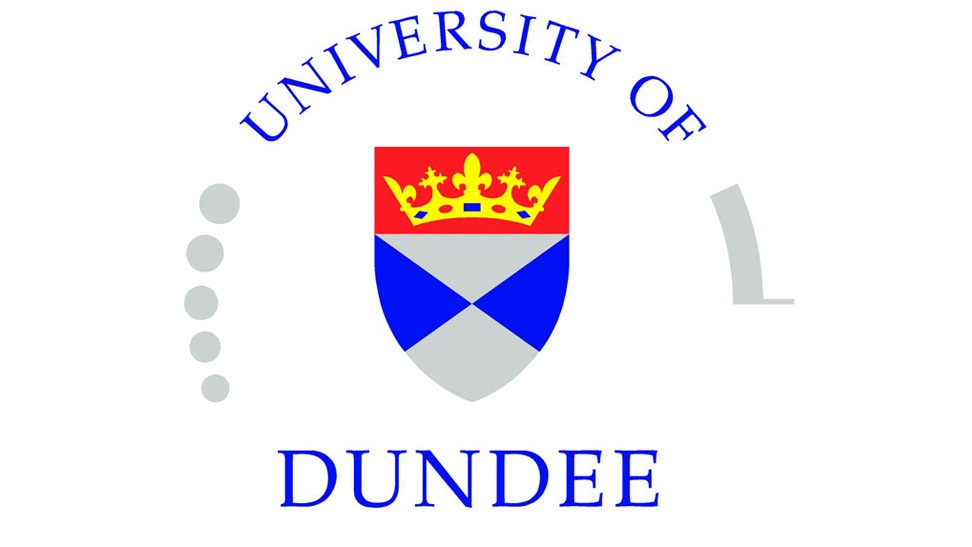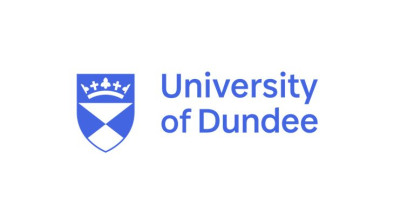International students in Dundee generate £275m for UK economy, report finds

Each cohort of international students living in Dundee’s two parliamentary constituencies generates £275 million for the UK economy, according to a new report published today.
‘The benefits and costs of international higher education students to the UK economy’ estimated the net impact of 2021/22 cohort of first-year international students enrolled at UK universities to be £37.4 billion across the duration of their studies.
The report was produced by London Economics for the Higher Education Policy Institute, Universities UK International, and Kaplan International Pathways.
The first iteration of this report showed that the 2015/16 cohort of overseas students brought net benefits amounting to £23.6bn (figures updated to 2021/22 prices). This rose to £28.2bn for the 2018/19 cohort and higher still in the latest version of the report, reflecting the rise in the number of international students studying in the UK over this period.
Unlike other assessments, the report breaks the data down for all 650 parliamentary constituencies throughout the UK. The authors warn that the constituency level numbers should be treated with caution but note that they are nonetheless staggering.
International students in Dundee East were estimated to be worth £66.7m to the UK economy while in Dundee West — home to the city’s two universities — the figure rises to £208.3m.
Professor Wendy Alexander, vice-principal (International) at the University of Dundee, said: “International students bring so much to this country in cultural and intellectual terms, and this report explicitly demonstrates their economic worth as well.
“Students from across the world bring diversity to our universities and our town and cities, support local and national businesses, and cross-subsidise teaching and research. They may go on to stay here and contribute to the UK economy after graduation or they may go elsewhere and contribute to the development of networks across the globe that further enhance our research and economy.
“As the report notes, the recruitment of huge numbers of international students in a highly competitive global market is a powerful UK success story and one that needs to be fully supported by governments.”
The research shows the economic benefits — less any costs — of international students and family members living and studying in the UK. It analyses the direct, indirect, and induced benefits to create a comprehensive picture of the economic impact.
The estimated total benefit to the UK economy of the 2021/22 cohort was £41.9bn, while costs were said to be £4.4bn, implying a benefit-to-cost ratio of 9-4. Approximately £3.9bn of this net impact was associated with EU domiciled students, while the remaining £33.5bn was generated by non-EU domiciled students in the cohort.
The report highlights particularly significant increases in the proportion of international students in Scotland and Northern Ireland and notes that this reflects the fact that, in these parts of the UK, international students’ fees have long been subsidising the shortfall in funding to educate domestic students.
The very substantial rise in the number of international students partly reflects the relative advantages enjoyed by the UK, such as the global recognition of UK qualifications, teaching in English, and one-year Master’s courses, which are particularly popular among international students.










